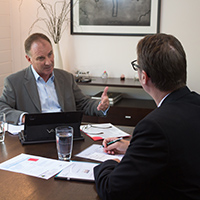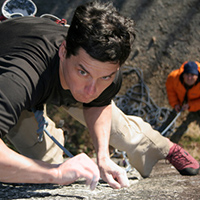Business Tips
High Performance Teams: A Competitive Advantage
- Details
- Parent Category: Business Tips
- Category: Team Development
As people become more self-aware, they are usually amazed at the abilities of the conscious mind to choose, handle situations with deliberation, and behave appropriately for different occasions. On the flip side, the unconscious mind is a powerful force driving our behaviour. Within our unconscious lie veiled assumptions and beliefs that formulate what is called 'default behaviour'. The dictionary defines default as the "failure to perform a task or fulfil an obligation," which means that default behaviours are reactive responses that occur when we fail to consider the appropriate response.
Becoming aware of our personal reactive tendencies is crucial if we want to make sense of our 'toxic' behaviours, understand why we have permitted these gremlins to continue, and develop a plan for taming them. Our attitudes are choices, some of the most important choices we will ever make.
On a strong team, everyone plays their position well, allowing the team to have "wins". Team members leverage each other's skills and value each other's time. Learning to trust and help each other leads to working at a higher level together. Increasingly, organisations count on teams to develop products and deliver services to their customers. Consequently, effective teamwork and team leadership are integral components of an organisation's success.
Superior relationship skills drive a team's effectiveness. This truism is as universal and fundamental as any in organisation psychology. Anyone who has ever participated in any type of group project within an organisation knows that success and morale are heightened when team members relate well with each other. Conversely, teams can be downright dysfunctional when members' relationship skills are absent, flawed, misdirected, untrusting or not synchronized in any meaningful way.
Team development is not an activity that you do with your team once. Teams are often changing personnel and roles, and therefore, in order to take your team to the higher level you need to regularly review, discuss and take action with your team's dynamics.
By bringing your team together on a regular basis, in meetings and facilitated team development workshops you are able to rejuvenate and reinvent the team and the individuals in the team.
If you are interested in using the individual or, team self assessment tools or, in growing your team via a facilitated team development workshop, please contact our office for a no obligation chat about your team needs today.



























